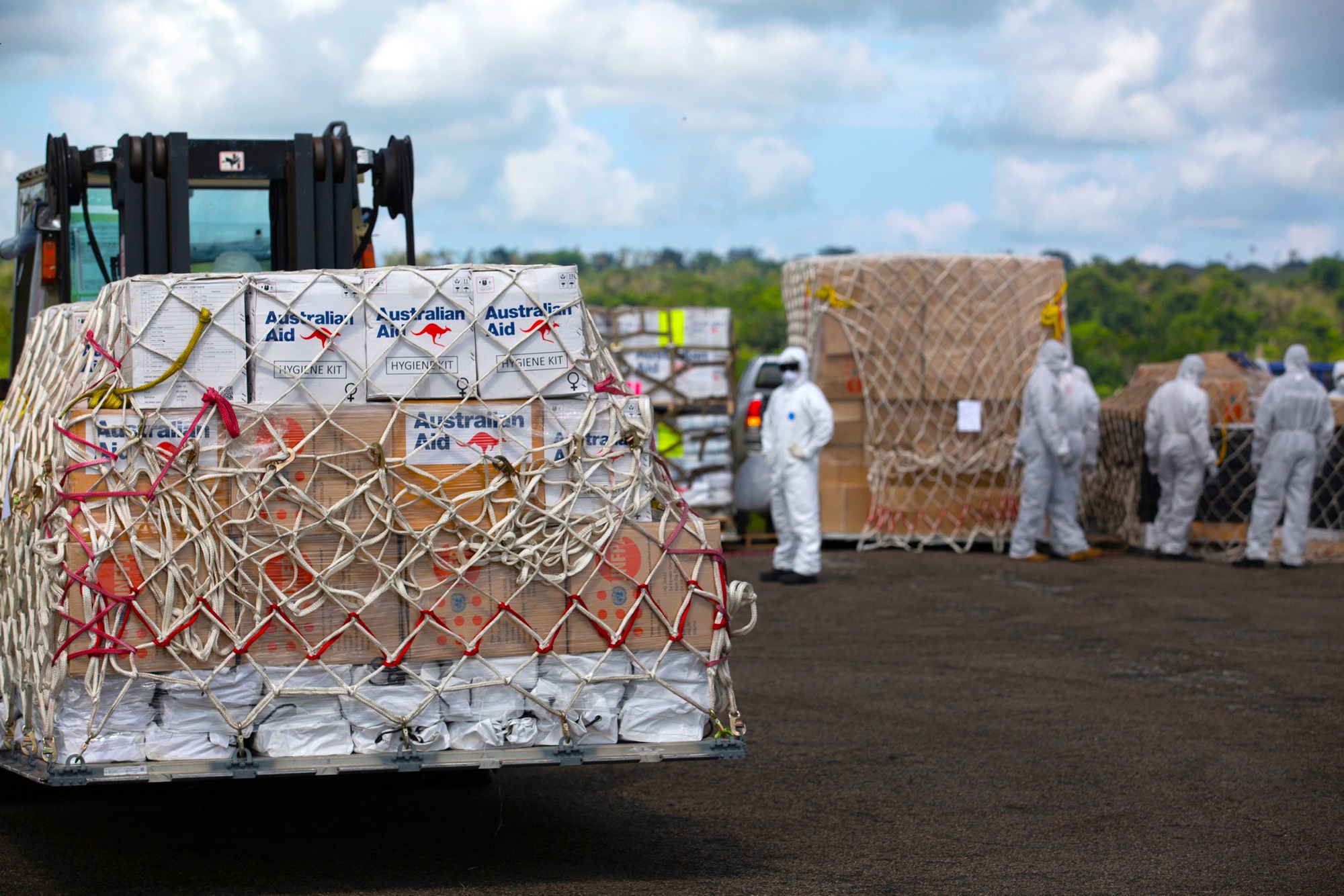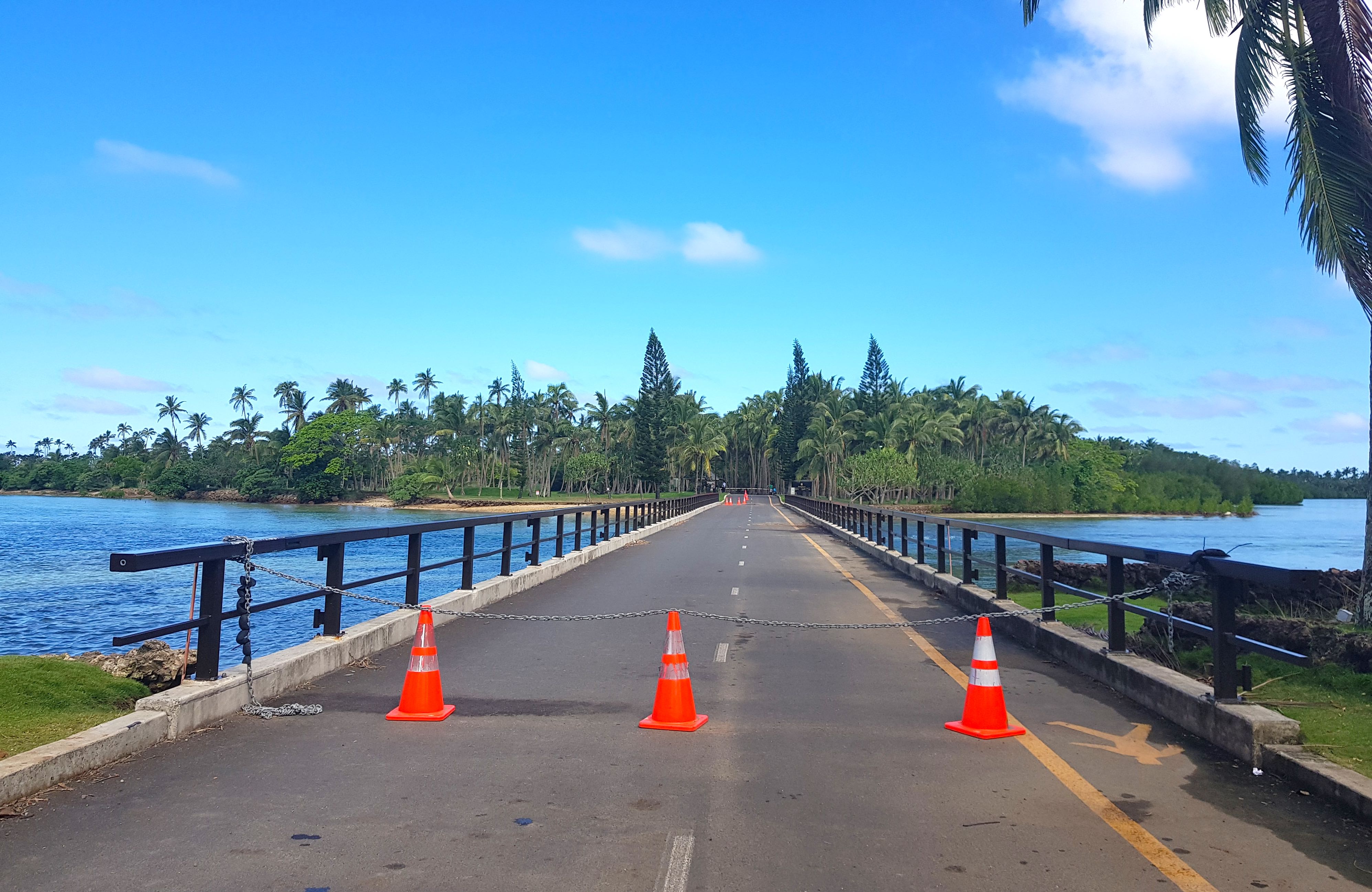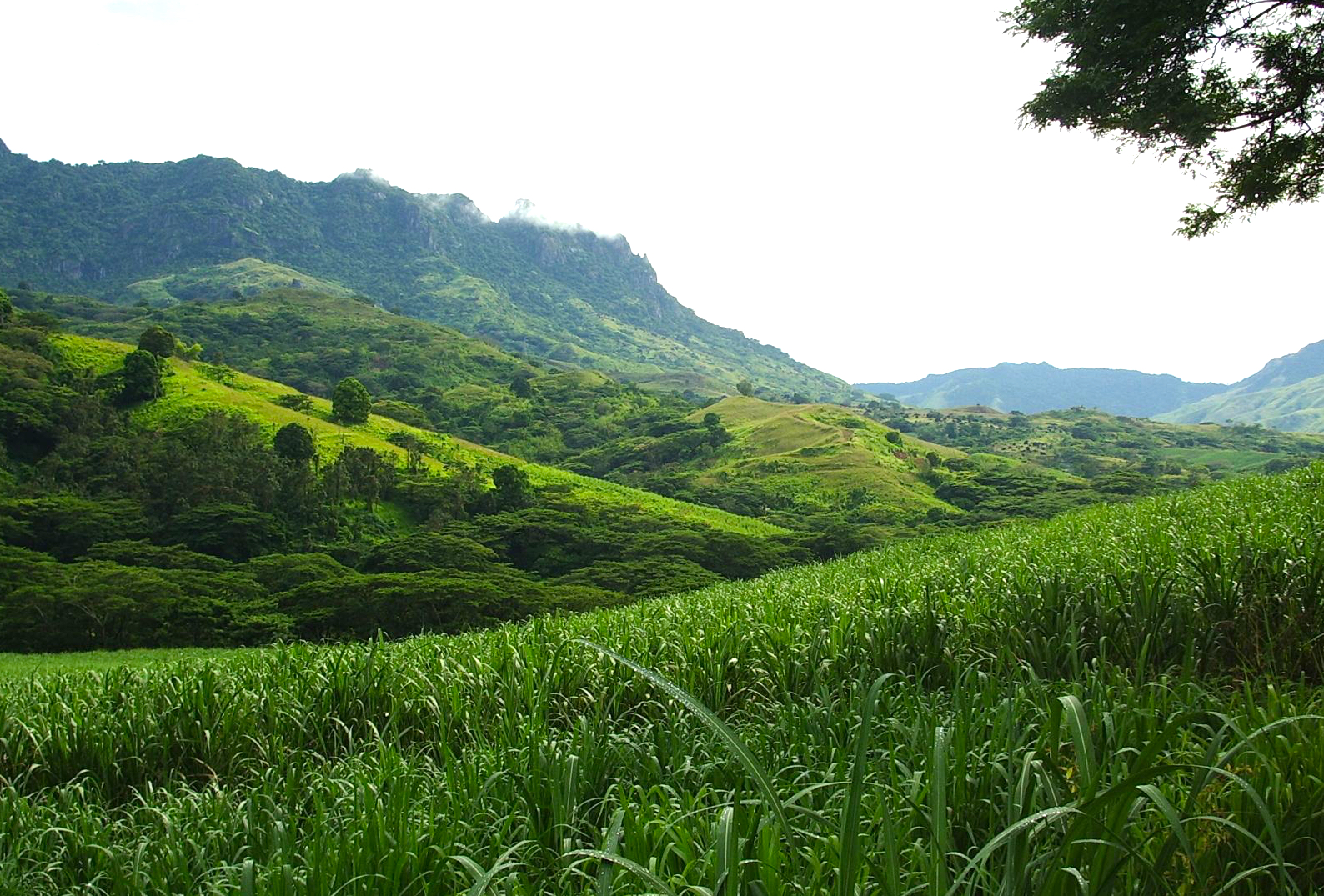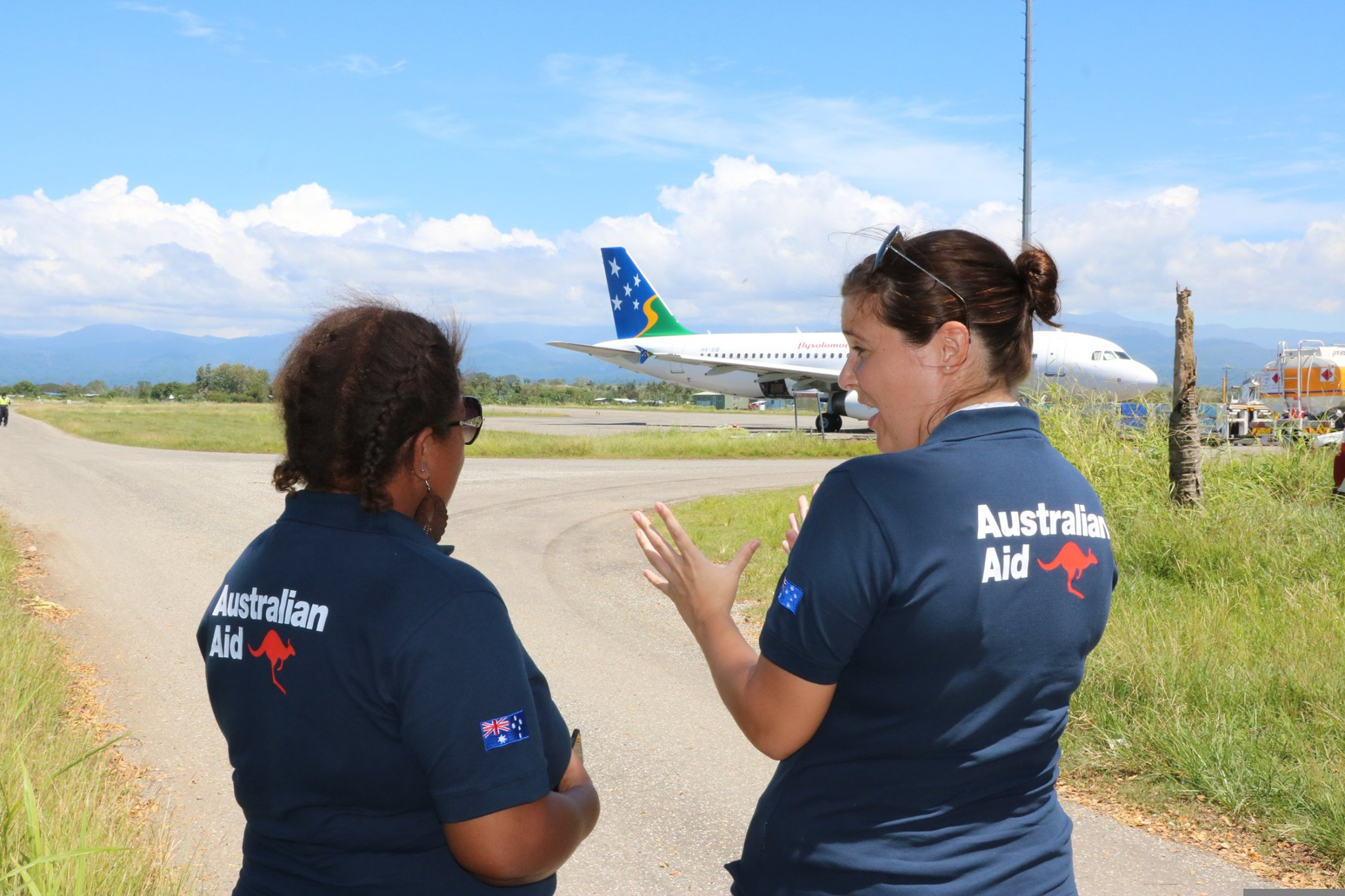
Politics & Society
Australia’s incredible shrinking Department of Foreign Affairs and Trade

The health and economic impacts of the COVID-19 crisis are being felt by our Pacific neighbours, and it’s in Australia interests to help
Published 24 June 2020
In June, the Australian government launched a Partnerships for Recovery policy on how Australia can focus its development efforts to help its nearest neighbours meet the challenges of the COVID-19 pandemic.
While some countries, like Vanuatu, have managed to avoid infections through early closure of borders – all the Pacific island countries have suffered a huge impact economically.

How has Australia done so far in supporting its Pacific island neighbours? And what more could it be doing?
It’s important that Australia is pivoting its development to tackle COVID-19 together with its neighbours. The aid-dependent Pacific is one of the most vulnerable in the world to the health and economic crises of COVID-19.

Politics & Society
Australia’s incredible shrinking Department of Foreign Affairs and Trade
COVID-19 has already seen the collapse of government revenue and the loss of incomes and livelihoods in the Pacific. At the same time, Pacific island nations have limited access to quality health services due to a lack of equipment, infrastructure and personnel, coupled with geographic isolation.
Pacific islands are also highly dependent on tourism.
International travel restrictions have led to the loss of thousands of jobs in the region. For example, Vanuatu has lost 70 percent of jobs in the tourism sector and French Polynesia fears it may have already lost $US1.2 billion along with 25,000 jobs.
It’s in Australia’s interest to help its Pacific neighbours cope as well as possible with the inevitable economic, humanitarian, political and social impacts of the crisis.

If it doesn’t, the health and economic crises in the Pacific could pose real risks on Australia’s doorstep.
Australia has taken a number of steps to support its Pacific neighbours during COVID-19.

Education
The soft power of education
Australia’s immediate focus has been on emergency health and humanitarian assistance. Australia is accepting COVID-19 sample tests from many Pacific countries and is providing personal protective equipment (PPE), medical supplies, planning surveillance, risk communication and specialist advisors to seven Pacific nations.
Meanwhile, Australia’s Indo-Pacific Centre for Health Security is playing a central role in disease control and surveillance, which is critical to stopping the spread of COVID-19.
As health systems in the region become stretched, Australia will continue to help its partners maintain key health services, like immunisation against measles and polio, prevention and treatment of malaria and tuberculosis, as well as access to family planning and care for people living with chronic diseases.

In late May, Australia convened a region-wide meeting of Pacific Women Leaders to discuss the impact of COVID-19 on women’s health, safety and security.
Australia is working with local organisations to combat gender-based violence and deliver essential reproductive and sexual health services that have been disrupted by the pandemic.
Australia is playing an active role as a transit country to ensure essential and humanitarian services reach Pacific islands. Pacific islanders transiting through Australia are exempt from the travel ban. The ban on Australians travelling overseas also supports the Pacific by reducing the risk of exposure.

Sciences & Technology
When tools for a health emergency become tools of oppression
A key priority for Australia has been designing and implementing policy responses to the flow-on effects of the pandemic, including measures to support food security and supply chains.
For example, Australia is working with the World Food Programme (WFP) to support food security assessments for countries across the Pacific. Australia’s Market Development Facility is also working with smallholder farmers and the private sector in Fiji, Papua New Guinea and Timor-Leste to help bolster food availability during COVID-19.
Australia pledged $A100 million from existing aid programs to provide “quick financial support” to 10 Pacific countries, and is working closely with international financial institutions to encourage them to support Pacific islands countries.

Pacific workers residing in Australia have had their visas extended for up to one year, which underlines the special role Pacific and Timorese workers play in Australia’s agriculture sector.
One way that Australia might do more to support its Pacific neighbours is through an extended trans-Tasman “travel bubble” that would allow quarantine-free travel between Australia, New Zealand and some Pacific islands to open up trade, commerce and tourism links.

Business & Economics
Who’s hit hardest by the COVID-19 economic shutdown?
Australia and New Zealand are both open to the idea of a “travel bubble” but not all Pacific countries are keen given that some, like the Solomon Islands, Samoa, Tonga and Vanuatu are now COVID-free.
Australia can also continue to advocate to the global community for the need to provide tailored financial support to the Pacific island countries.
Australian Prime Minister Scott Morrison told the G20 late in March that the Pacific “needed to be a focus of international support”. Australia can use its membership of bodies like the G20 and its attendance at the next G7 meeting to be an advocate for the region.
The G20 debt servicing standstill has been important and Australia could advocate for it to be extended before it expires at the end of next year.

Finally, Australia can look at whether its development program is adequate for the region’s pandemic needs.
Between 2014-15 and 2019-20, Australia’s overall level of annual overseas development aid was cut by $A962.5 million.
Accelerating a long-term trend across Australian governments for many decades, the Department of Foreign Affairs and Trade (DFAT) has been a particular target for cost-cutting and is now at a its lowest ever funding level at just 1.3 per cent of Australia’s total federal budget.

Business & Economics
Time for a Universal Basic Income?
The new Partnerships for Recovery policy provides no new funding, instead repurposing $A280 million from the existing development budget from scholarship recipients and international volunteers that are no longer able to travel.
Across the Tasman, the Ardern government has increased New Zealand’s aid budget in light of COVID-19.
Australia’s relationship with its immediate region isn’t unproblematic.

Australia has been criticised for its sporadic attention to the Pacific despite deep cultural, historical and personal ties. In particular, Australia’s stance on climate change is likely to strain its relationships in the South Pacific for the foreseeable future.
The Pacific Islands Forum has compared the COVID-19 response to the Tuvaluan concept of “te fale-pili”, which means houses which are close to one another have a moral responsibility to protect each other in times of hardship.
In this time of global crisis, it is important that Australia continues to foster connections with its Pacific neighbours.
Banner: The Royal Australian Air Force unload humanitarian aid in a holding area at Port Vila airport in Vanuatu on 13 April/Department of Defence.